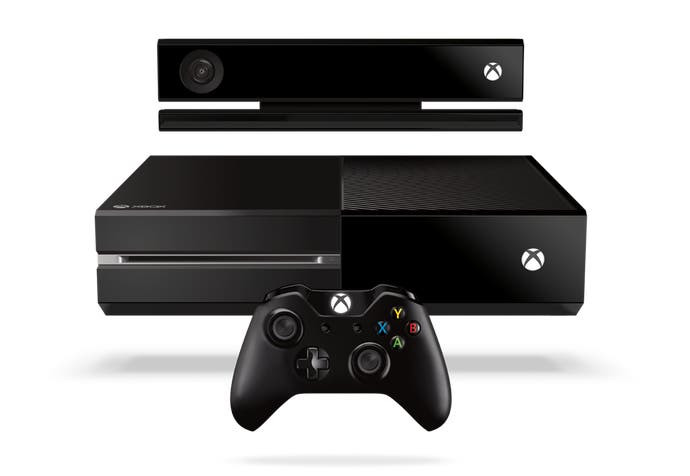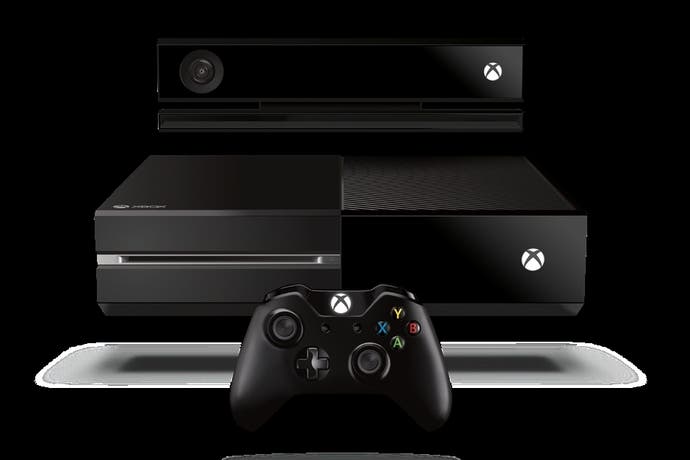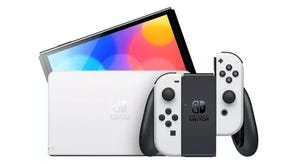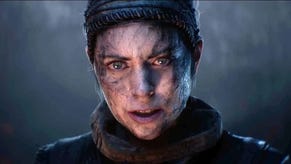Microsoft sticking with Xbox One Kinect requirement despite ditching DRM
Plus, what now for the "power of the cloud"?

Microsoft is sticking with the Xbox One's requirement that Kinect be plugged in despite ditching its controversial DRM policies.
As it stands, Kinect must be connected to the Xbox One for it to work. When offline it listens for the "Xbox on" voice command, which activates the console.
The new and improved Kinect comes with Xbox One, and it is thought this is one of the chief reasons for the console's high £429 price. The PlayStation 4 is significantly cheaper at £349 and does not come bundled with the PlayStation Camera.
Microsoft has also faced tough questions on privacy, with authorities in Germany suggesting the new Kinect amounts to a "monitoring device". In an interview with Eurogamer last month Xbox Europe boss Phil Harrison insisted Microsoft would not use Kinect to "snoop" on Xbox One owners.
In an interview with IGN published after Microsoft announced its about-turn, Xbox One chief product officer Marc Whitten insisted Kinect remains integral to the next-gen console.
"We still believe Kinect is a really critical part of the architecture," he said. "We think it changes the way you can interact with your experiences, being able to control the box with your voice or with gestures, being able to do Skype.
"And we want game and interactive entertainment creators to be able to know they can take advantage of it, and we want it to be completely consistent for our users. So we still are very committed to how Kinect transforms that experience."
Meanwhile, Whitten insisted the decision to drop Xbox One's once every 24 hours internet authentication would not impact games that make use of its 300,000 server cloud, such as Turn 10's Forza 5 and Respawn's Titanfall.
A Eurogamer feature published yesterday spoke to a number of developers, including Respawn, about the potential of the cloud, and reported on an E3 behind-closed-doors Microsoft presentation that demonstrated a prototype designed to highlight how the cloud could benefit games.
"We still believe in how games and entertainment are transformed by being connected and powered by the cloud, and frankly you're going to see us really innovate against that experience," Whitten said.
"We believe that most people, frankly, are going to continue to take advantage of the connected state and all that comes with it and that frankly it will be experiences like Titafall taking unique advantage of the cloud, or Forza and drivatars that people are going to love and they're going to use.
"And to take advantage of those features you'll clearly have to be connected and online, just as if you were streaming video or playing multiplayer or any of the other things that require online. But that's up to the game experience and sort of how they use those features."









